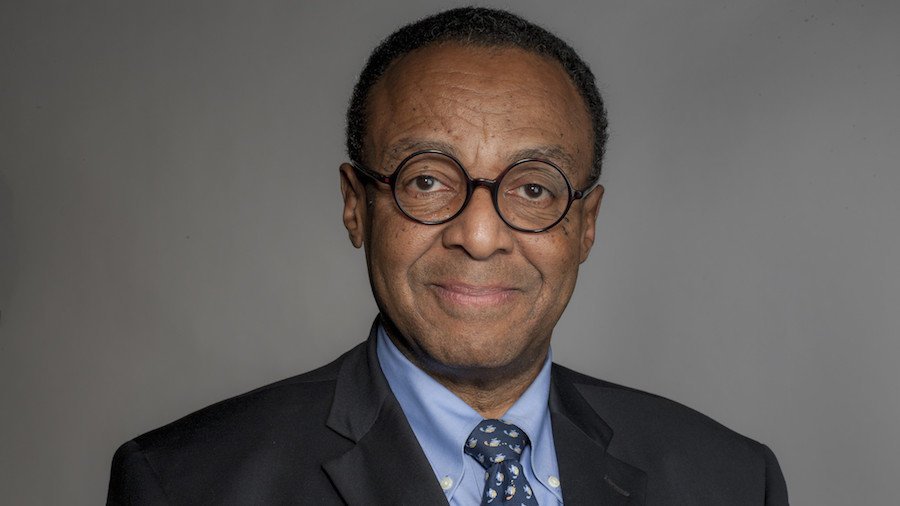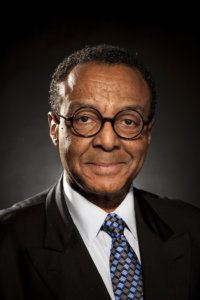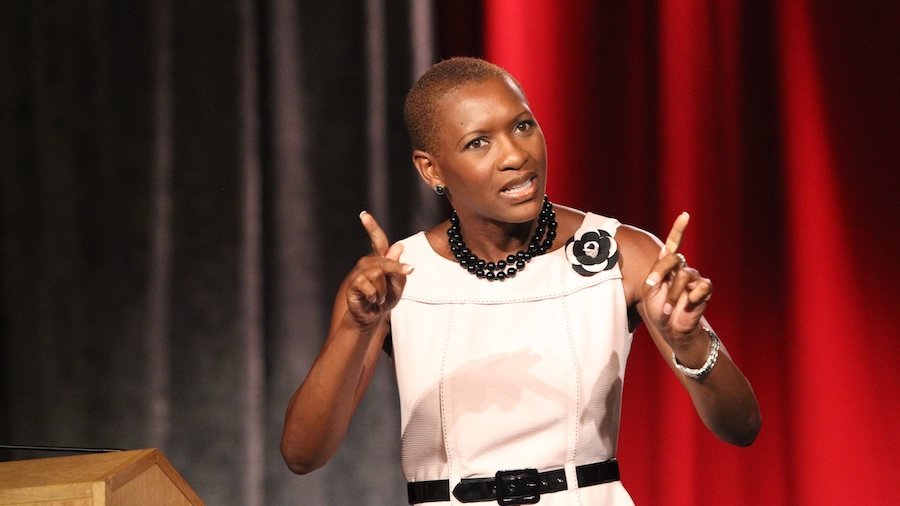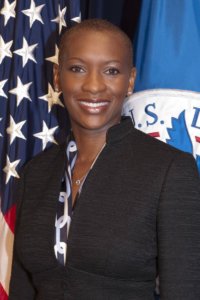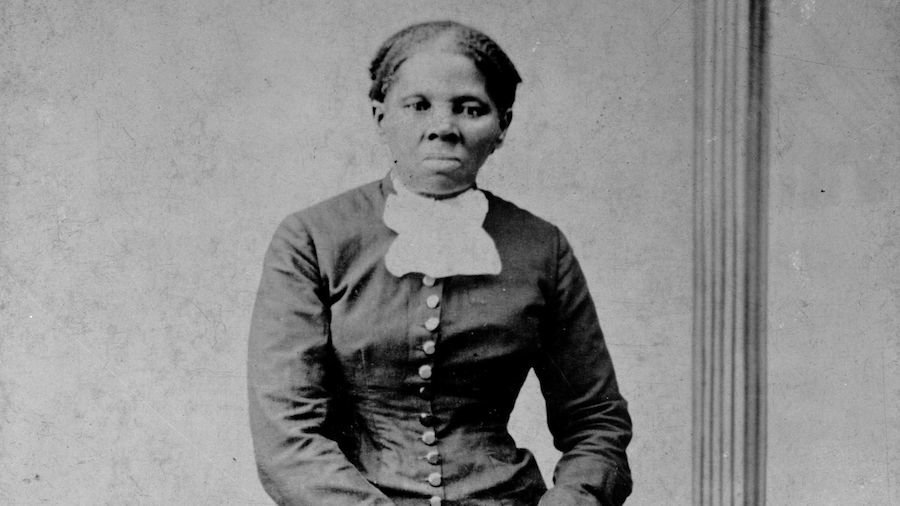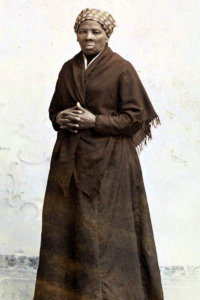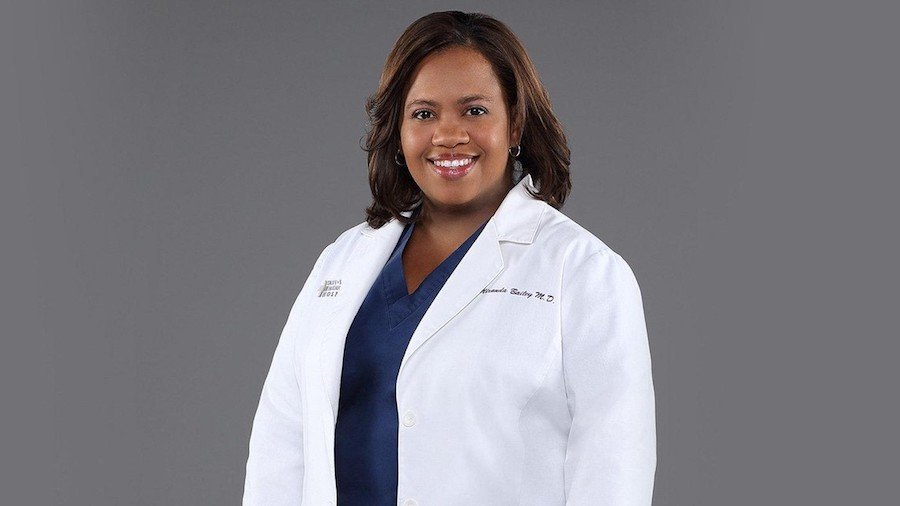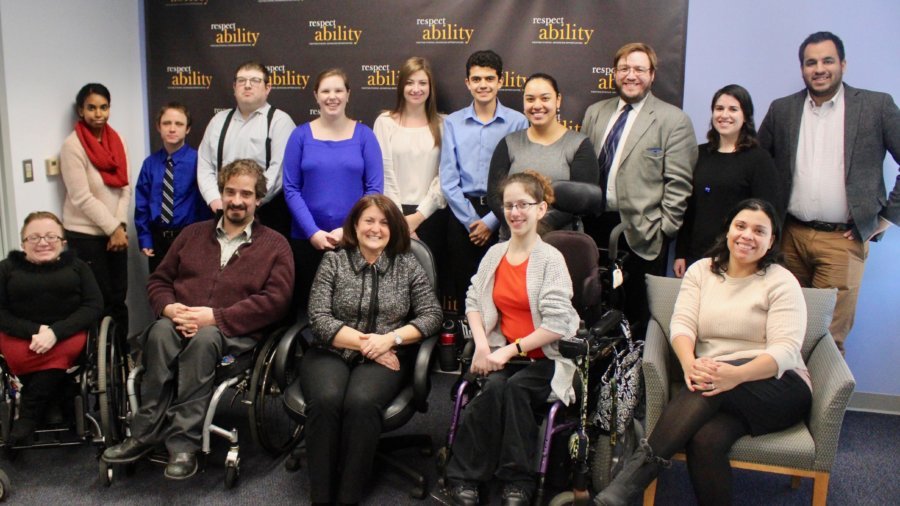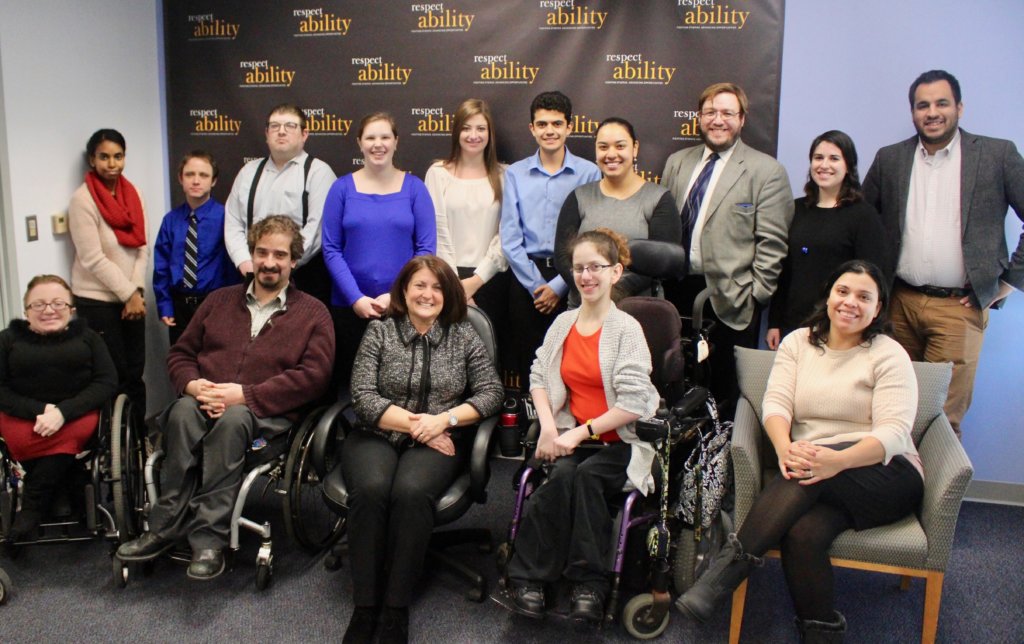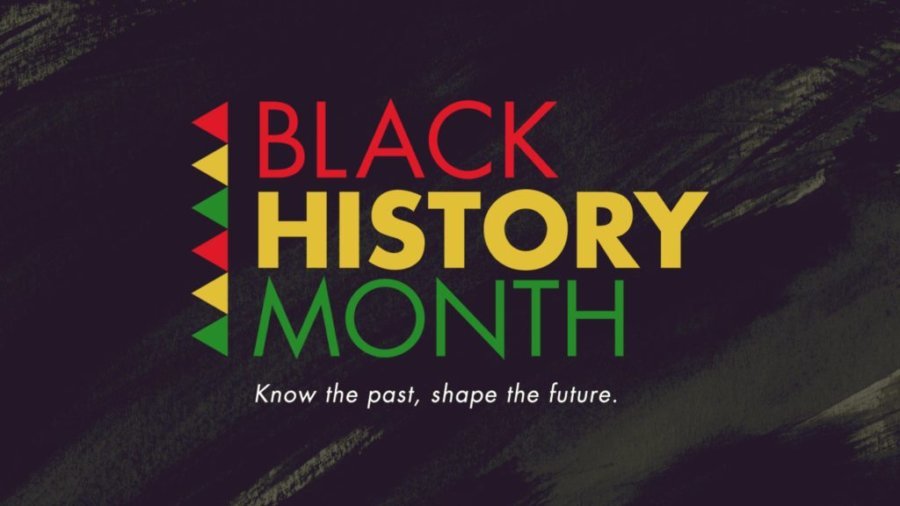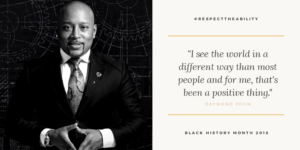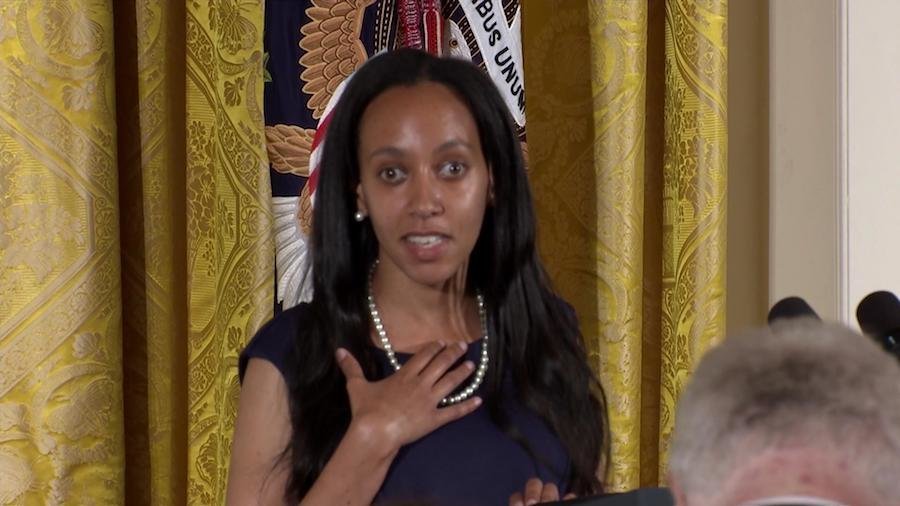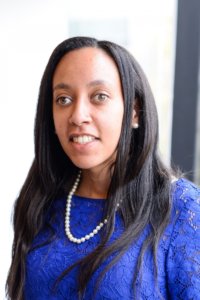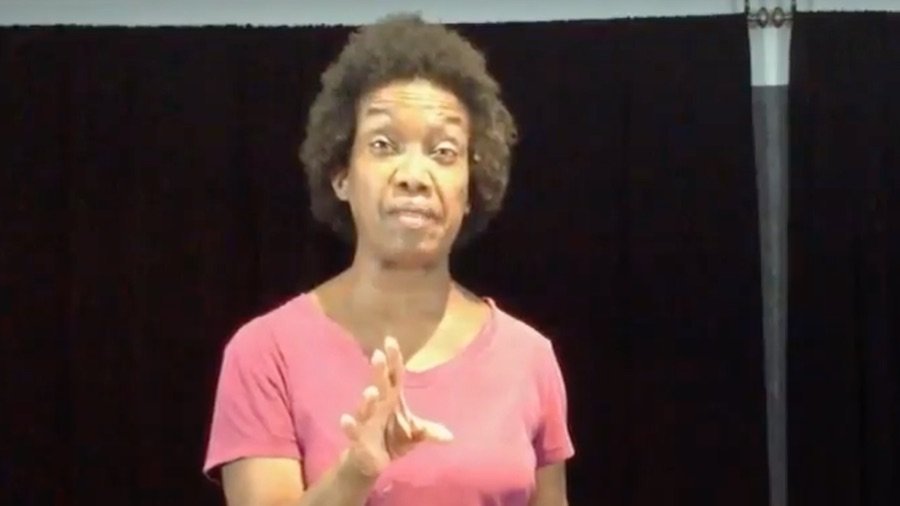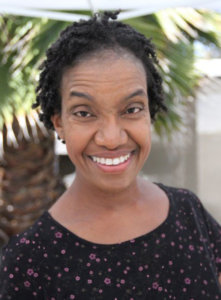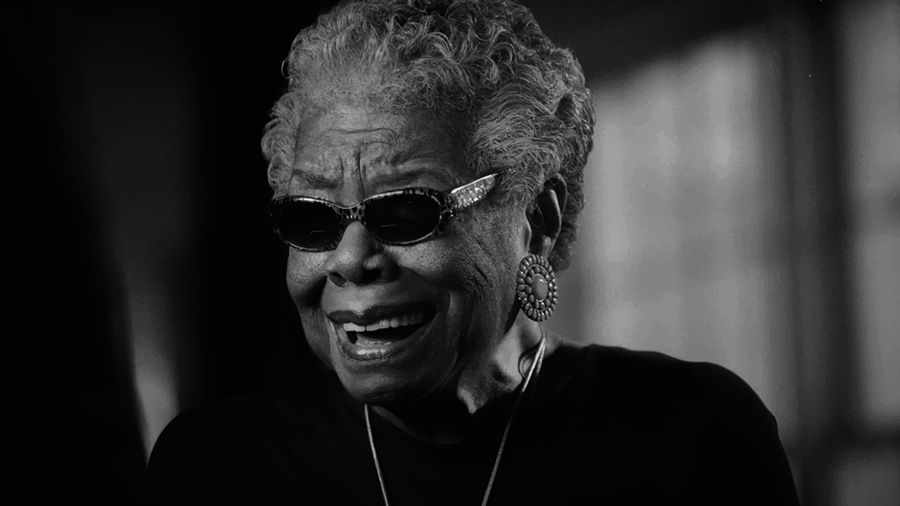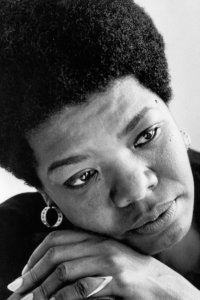Simone Biles is known widely as the Olympic champion who dominated the sport of gymnastics during the 2016 Rio Olympics. Biles has won four consecutive all around titles and is the first female to do so since the 1970’s. She also has competed and won 14 world championship medals.
At a young age, Biles was diagnosed with Attention Deficient Hyperactive Disorder (ADHD). Confidential medical records were revealed to the public around the time she was competing in the 2016 Olympics. Since being vocal regarding her ADHD, many have classified her as a hero, especially those who have endured stigma from the disability. She has taken to Twitter vocalizing her disability and what she has been doing to treat her ADHD.




